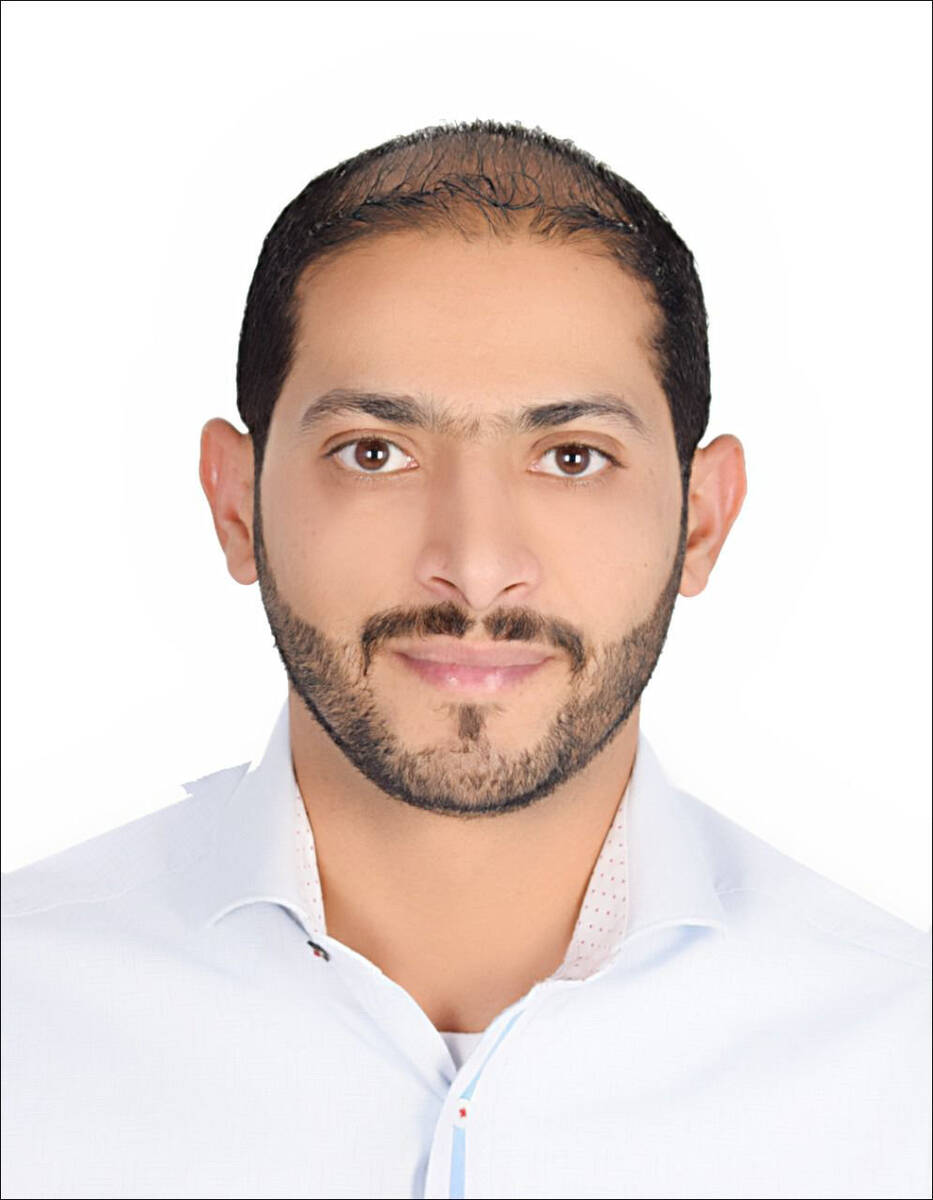ANKARA: After the embattled Turkish lira weakened against the US dollar this week, Turks remain troubled over the economy despite the government’s reassurances.
The lira’s drama worsened on Wednesday when Japanese investors sold Turkish assets, after comments by President Recep Tayyip Erdogan spooked investors earlier in May.
The lira hit 4.92 against the dollar before paring back some of its losses on Wednesday after an emergency central bank interest rate hike, but for many it’s not enough.
In a busy bureau de change on one of Ankara’s popular streets, thoughts turn to the worsening situation and fears that the country is already in a “currency crisis,” as experts at Commerzbank have described it.
During AFP’s visit, dozens came in to change their liras into gold, dollars and euros.
Ali Yilik indicated he was not convinced by Ankara’s reassurances as he changed his money into dollars for work.
“Who wouldn’t be worried about the exchange rate (situation)? This is not something that happens in normal conditions. It is extraordinary,” Yilik, who sells construction material, said.
Ali’s son Yahya Yilik, who is the manager at Tunali Doviz, said more Turks were coming in buying euros and dollars amid worries that the lira would fall further.
“They think the lira will keep losing value,” Yilik told AFP, adding that interest rate increases were a “temporary measure.”
In the past “one or two weeks,” the manager said the center had sold more foreign exchange than those wanting to buy lira.
The fall followed Erdogan comments during his UK visit mid-May when he indicated he wanted a greater say in monetary policy if he won in June 24 polls. This then raised concerns over economic policy becoming more unpredictable.
Student Necdet Guven was in the bureau de change to obtain dollars ahead of a trip to the US in mid-June but said he was “really worried” about the economy.
“Because everyday our economy gets worse. In the past, Turkey used to be among the top countries for agriculture and livestock, but now we import meat from Serbia and straw from Russia,” Guven lamented.
“We are not that developed a country in terms of industry,” he added, saying he believed Turkey had the potential to develop the economy further.
The lira appeared to show no signs of dramatic improvement and was at 4.70 against the dollar on Friday. In the past month, the lira has lost over 16 percent of its value against the greenback.
In a bid to ease concerns, Deputy Prime Minister Mehmet Simsek — an ex Merrill Lynch economist trusted by markets — on Friday said the central bank “would do whatever is necessary” during an interview with NTV broadcaster.
“There is no question of taking steps back on either the independence of the central bank or the rule-based market economy,” Simsek vowed.
But not everyone looked at the situation pessimistically.
Orhan Albayrak said the euro and dollar’s value was increasing because of “outside forces’ economic pressure on Turkey,” adding there was “an artificial rise.”
But Albayrak, a wholesaler, was hopeful the lira’s fortunes would improve toward the date of the presidential and parliamentary elections.
“But when there are five, 10 days to the elections, I believe this increase will reverse,” he added.
Albayrak said the three percent key rate rise had some impact, but believed the lira could improve and “reach 4.2, 4.3” with further central bank moves supported by the government.
After the rate hike on Wednesday evening, Erdogan insisted Turkey would adhere to the global governance principles on monetary policy in the new system post-election.
But, Erdogan added he would not let those principles “finish our country off.”
Despite efforts to stop lira fall, Turks still worried
Despite efforts to stop lira fall, Turks still worried

Mapping Saudi soils to grow better crops

- Palm trees, root crops, and coastal plants reveal the land’s story
RIYADH: Saudi Arabia’s land tells stories written beneath the feet. From fertile plains and rugged highlands to vast deserts, the Kingdom’s diverse landscapes shape what can grow, where it grows, and how agriculture can thrive.
Alongside geography and climate, soil conditions play a decisive role in agricultural success. Understanding soil types across the Kingdom helps determine which crops can flourish and what interventions may be needed to sustain them.
In an interview with Arab News, Turki Almutairi, a senior environmental specialist at the National Afforestation Center under the National Center for Vegetation Cover Development and Combating Desertification, outlined the main soil types found across Saudi Arabia.

“The dominant soil in the Kingdom are sandy desert soils, alongside calcareous soils in the central region. Rocky and stony soils are present along mountainous and hilly landscapes,” he said.
“Alluvial soils are common in wadies (valleys), while saline and sodic soils are located in depressions (Sabkhas) and along coastlines. Pockets of clayed soils can be also found around few sites along the Kingdom.”
The Kingdom’s vast territory gives rise to unique soil characteristics in each region, enabling different crops to grow depending on local conditions.
“Soil is the growing medium for plants. The role of soil includes structural stabilization, providing nutrients and a communication medium for plants,” Basil Nasir, soil lead at engineering consultancy William Sale Partnership, told Arab News.

According to Nasir, assessing soil use is essential before determining whether it is fertile or infertile, as different soils support different plant types.
“The soil used for trees differs from the soil used for ornamental plants and from the soil used for aquatic plants. It varies according to the specific needs of each plant, and based on this, we determine what the soil requires and assess its fertility,” he said.
Nasir explained that soil characteristics are shaped by both physical and chemical components. In addition to water and air, mineral particles such as sand, silt and clay are key indicators of soil health. Organic matter, derived from plant and animal remains, forms the fourth major component.
The balance between these elements determines soil behavior. One important physical trait is water-holding capacity, which influences what types of plants a soil can support.
Opinion
This section contains relevant reference points, placed in (Opinion field)
“If the soil is like dunes, adding water will cause it to run off, but if the soil is clay, its ability to retain water will be very high. If you add water and return the next day, you will find that the water is still there,” said Nasir.
Chemical properties, such as whether soil is alkaline or acidic, are equally important. Understanding both physical and chemical traits allows for proper assessment and treatment when needed.
“What determines whether a plant is suitable for a particular environment is primarily the plant's nature. For example, some plants have fibrous roots and therefore do not require well-draining soil,” Nasir added.
“A palm tree, for example, does not care whether it was planted in one soil or the other because its roots are fibrous. Therefore, palm trees are strong plants and are suitable to grow in both dry and wetlands, while preferring sandy areas.”

Crops such as potatoes, onions, carrots and beetroots — where the edible part grows underground — typically thrive in sandy soils. As a result, plantations of these crops are commonly found in northern regions such as Hail and in Wadi Ad-Dawasir.
In the eastern region, including Al-Ahsa, wetlands are more common due to climatic conditions. Growing plants in such environments often requires human intervention.
“Plants that are coastal or could be found in lagoons or lakes must have some sort of soil around them, like lotus flowers and mangrove trees.”
“An important parameter to keep in mind is that there is no air in its soil, and they are adapted to this condition. However, the lack of air, along with the presence of organic matter, will create a situation where anaerobic bacteria react with the soil, potentially causing diseases we can easily avoid,” said Nasir.
He emphasized that removing organic matter from such soils is essential to ensure plant survival in aquatic environments.
Mountainous and rocky regions in Saudi Arabia are generally volcanic, resulting in low water-holding capacity and challenging growing conditions. However, volcanic ash contributes to high fertility, allowing certain crops to flourish.
As a result, western regions support tree crops such as coffee, mangoes, some banana varieties and pomegranates.

As development accelerates across the Kingdom, soil improvement efforts are expanding under the National Greening Program.
“Soil is considered fundamental for the National Greening Program’s objectives. Understanding the soil variability along the Kingdom is a precondition for fostering sustainable soil management,” Almutairi told Arab News.
Adding, “In this line, the NGP is working towards the establishment of the Saudi Soil Information System (TURBA-KSA), which consists of mapping soils and its functional properties in the Kingdom using state-of-the-art technology.”
He also noted the creation of the “Land Rehabilitation Watch” to report, verify and monitor land rehabilitation nationwide.
“This milestone allows the Kingdom to understand how soil and land health are progressing against national and international targets of land degradation neutrality. Documenting good soil and land management practices is also important, so that those successful practices could be scaled up along the Kingdom, which is a priority task for NGP,” he said.
Raising public awareness is another key pillar of the program.
“Assessing different emerging technologies and soil amendments is a daily activity of NGP, as it then provides technical support to partners on the selection and application of these technologies.”
DID YOU KNOW?
• Saudi Arabia cultivates around 1 million hectares, mainly in Riyadh, Qassim, Hail, and Jouf.
• Farming follows the seasons: winter brings onions, garlic, and carrots, while summer yields watermelon, tomatoes, and cucumbers.
• The Kingdom is a top date producer, with over 31 million palm trees generating nearly 1.54 million tons, especially in Riyadh and Qassim.
Almutairi stressed that soil is often overlooked because it lies unseen beneath the surface, despite its critical role.
Yet soil produces 95 percent of food, stores water, holds more carbon than vegetation and the atmosphere, suppresses contaminants, regulates water, carbon and nutrient cycles, and hosts microorganisms linked to the human microbiome.
He emphasized the need to engage the general public, particularly urban communities disconnected from nature. Education helps people understand where food comes from and how contact with soil — such as walking barefoot — can support well-being. Healthy soils also contribute to cleaner water and air, he added.
Almutairi also called for stronger advocacy among decision-makers, noting that investment in healthy soils supports climate action, food security and sustainable development.
He concluded that key strategies include officially observing UN World Soil Day on Dec. 5, integrating soil education into curricula, launching annual social media campaigns, using art to raise awareness, and organizing public events that connect soils to everyday life.












